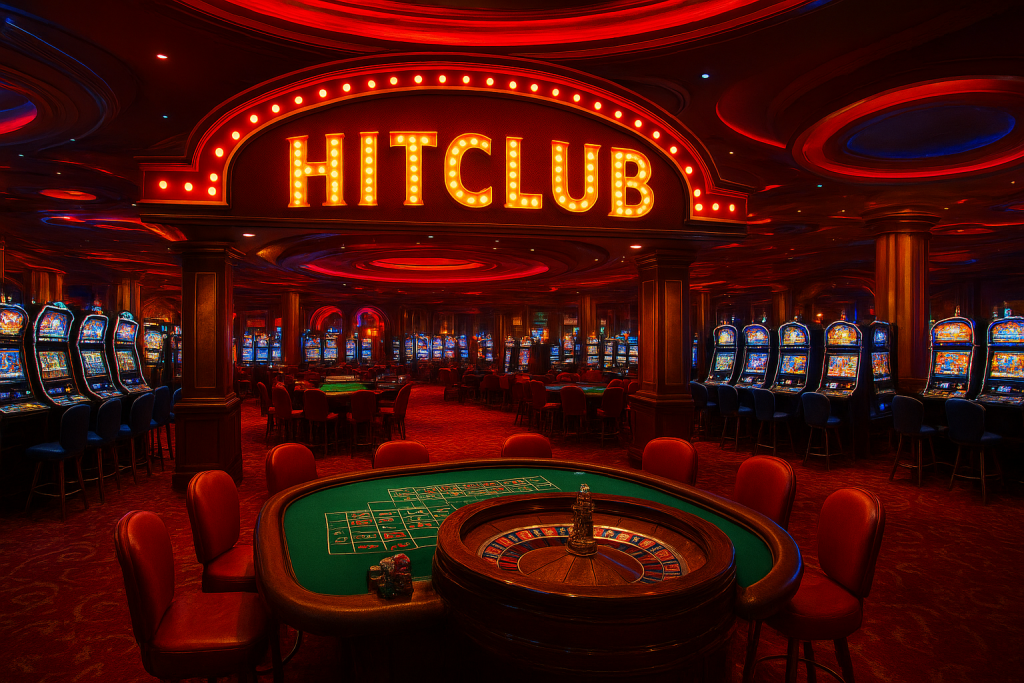
Casinos are more than just places to play games of chance—they are carefully designed environments built to keep players entertained, engaged, and spending money. From the layout of the floor to the lighting, sounds, and even the scent in the air, every element is crafted with psychological strategies in mind. Understanding these elements reveals why casino games continue to capture players’ attention across the world.
The Allure of Chance and Risk
Human beings are naturally drawn to risk-taking. This instinct has roots in our evolutionary past, where taking risks often meant potential survival or rewards. Casino games tap into this natural impulse by offering uncertainty paired with the possibility of significant winnings. The “what if” factor keeps players engaged, constantly hoping that the next spin, hand, or roll of the dice might bring fortune.
Variable Rewards and Dopamine Release
One of the strongest psychological triggers used in casinos is the concept of variable rewards. Unlike consistent rewards, unpredictable rewards create a stronger dopamine response in the brain. Slot machines, for example, are structured around this principle. Players may not win for several spins, but when a payout arrives, the rush of excitement motivates continued play. This intermittent reinforcement is the same mechanism that makes social media and video games addictive.
The Illusion of Control
Many casino games give players the impression that skill and strategy can influence outcomes. While games like poker and blackjack do involve skill, others—such as roulette or slots—are based purely on chance. Yet, the feeling of pressing a button, choosing numbers, or holding cards provides a sense of control. This illusion encourages longer play sessions, as players believe their decisions matter more than they actually do.
Environmental Design and Immersion
Casinos are designed to be immersive. Bright lights, catchy sounds, and the absence of clocks or windows help players lose track of time. Free drinks, comfortable seating, and lively atmospheres all contribute to a sense of relaxation and entertainment. This immersive environment is crucial in maintaining player engagement and extending their time spent on the floor.
Online Casinos and Psychological Strategies
The rise of online casinos has brought these psychological principles into the digital world. Bright graphics, celebratory animations, and sound effects mimic the experience of physical casinos. Personalized bonuses, loyalty programs, and targeted marketing are additional tools used to keep players coming back. The convenience of accessing games from home further increases the likelihood of regular play.
Responsible Gaming
While casinos provide entertainment, it’s important to recognize the potential risks of excessive gambling. Responsible gaming practices—such as setting time and budget limits, recognizing warning signs of addiction, and using casino-provided support tools—are essential for maintaining a healthy relationship with gambling. Many platforms today integrate self-exclusion features and spending caps to help protect their players.
Conclusion
Casinos are built on an intricate blend of psychology, design, and entertainment. By combining the thrill of chance with immersive environments, they create experiences that are difficult to resist. Recognizing these strategies empowers players to make informed choices and enjoy gambling as a form of entertainment rather than a dangerous habit.
In fact, for players seeking a reliable and engaging digital experience, platforms like hitclub offer a range of games designed to bring the thrill of the casino directly to your screen.